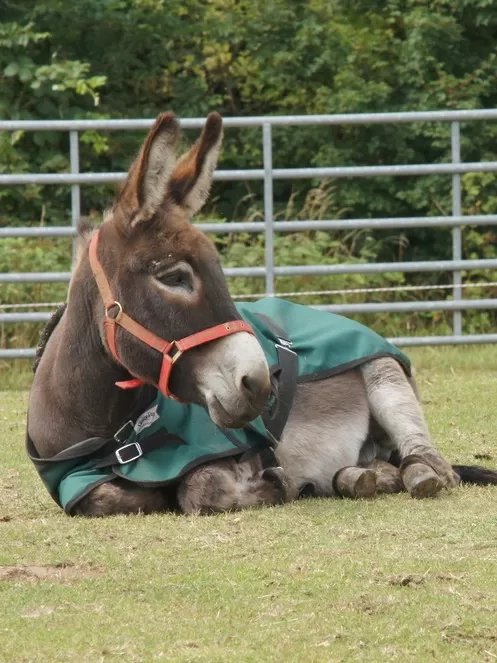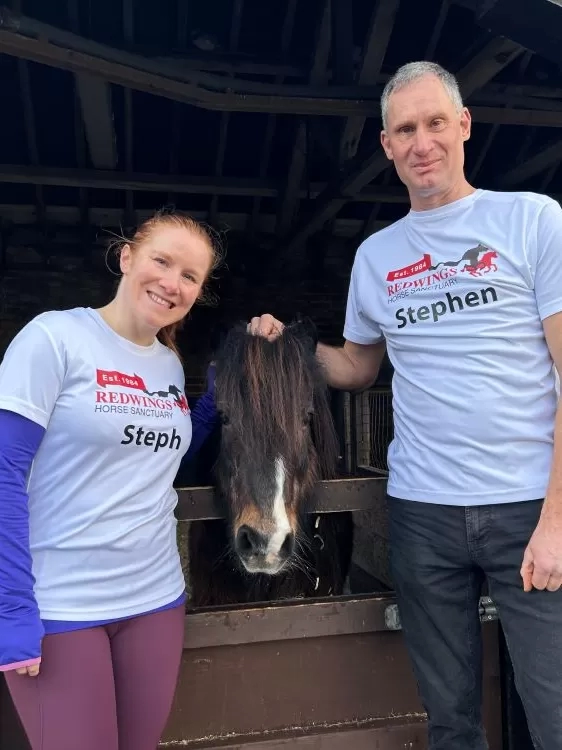28 June 2018

On Monday 25th June 2018, a new law was introduced to make microchipping of equines compulsory. This law has been introduced alongside a brand-new Central Equine Database (CED) and together mark a significant step forward in helping to reduce abandonments, identify owners and improve horse welfare.
As well as a compulsory microchipping and a centralised database assisting welfare and law enforcement organisations in identifying individuals who abandon their animals, these advances in equine ID legislation will also improve an owner’s chances of being reunited with a lost or stolen horse.
How effective will the law be?
The Central Equine Database includes microchip, passport and ownership details of an equine, which can be accessed by authorities.
Identifying people responsible for a missing, abandoned or neglected equine is critical to reuniting it with an owner or making decisions to improve the welfare of that horse – including increasing chances of successful prosecution in the most extreme cases.
A key application of the CED is its “Digital Stable”, which allows owners to flag their horse as missing or stolen. This prevents the horse from in-turn being sold as their record will be flagged as missing or stolen thereby rendering them illegal for sale.
Although microchipping compliance is relatively high in the UK already, compulsory microchipping aims to record all horses – giving owners confidence of being reunited with their equine and welfare organisations the ability to trace registered owners.

What will change?
Horse owners have until October 2020 to have their horse’s microchipped (bringing the law for horses in line with regulations for dogs) and after which they will be punishable by law.
What do I need to do?
We recommend that owners who have not already microchipped their horses use this lead time to combine microchipping with a routine visit to, or from, their vet. The procedure should cost around £25-30.
For those looking to buy a horse, prospective owners should check the horse is microchipped and passported.
By entering the microchip number into the chip checker on the Central Equine Database, the prospective owner can also verify that the passport is registered to the horse. The new owner is then required to notify the Passport Issuing Organisation (PIO) of new ownership within 30 days following purchase. Details of the PIO can again be access via the CED.
Making microchipping accessible to all
Redwings have been promoting equine identification since 2011 and have microchipped more than 1000 horses improving the traceability and accountability for their welfare.
Our vets and field officers support multi-agency initiatives to provide subsidised microchips and passports. These include those coordinated by the National Equine Welfare Council known as ‘Link Days’ and Health Clinics led by The British Horse Society. Similarly microchipping and passporting has formed an important part of our welfare work including helping struggling owners meet the needs of their animals and be accountable for them.

Redwings Press Office
Find out more about Redwings Press Office



